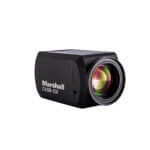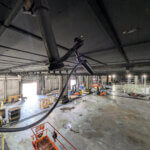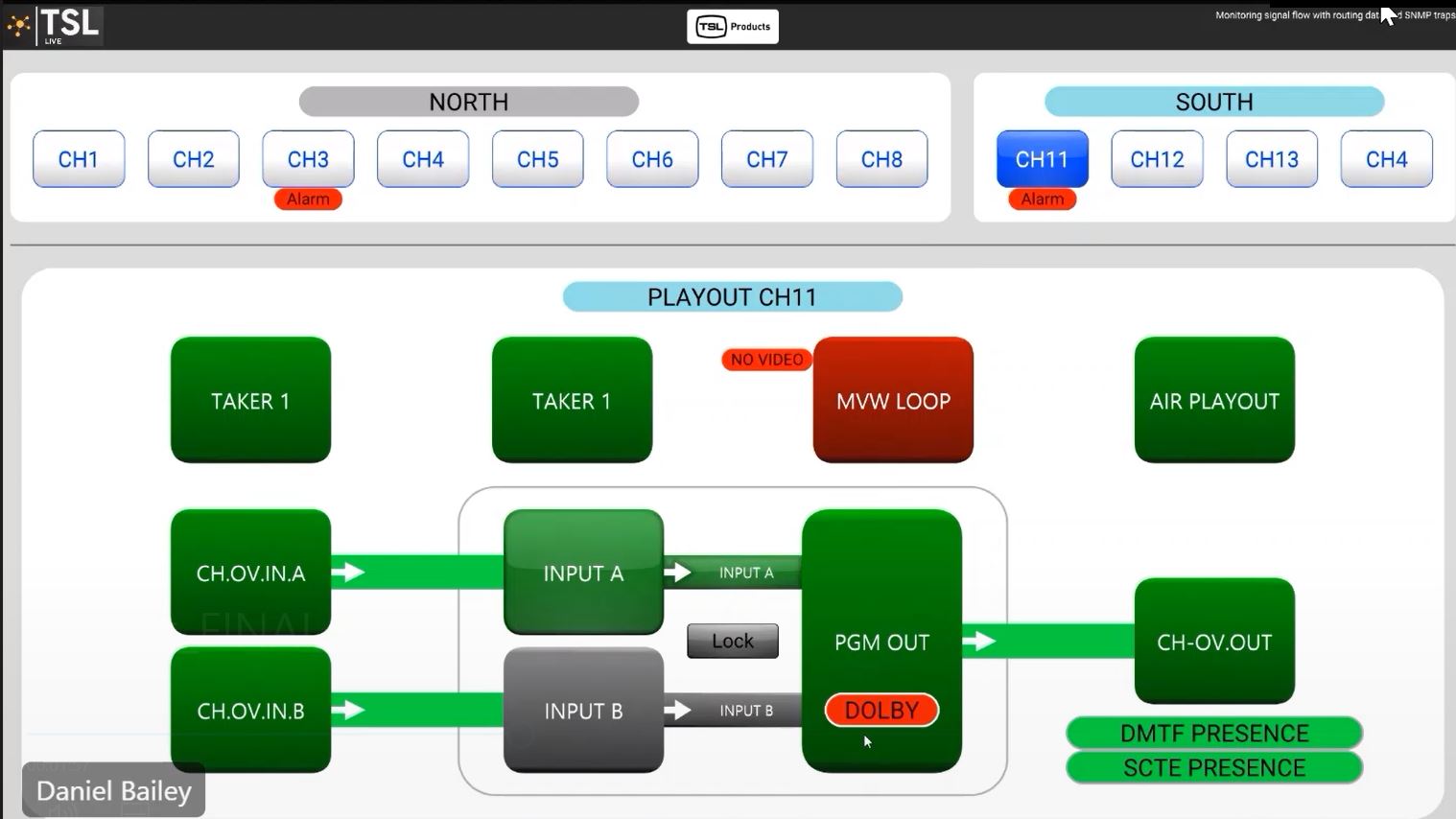TSL announces its latest advancements in broadcast control centered around its R&D approach of creating solutions based on its customers’ specific application.
With this change and the integration of TSL and DNF product lines, TSL Control encompasses all the company’s control solutions (including TallyMan, Flex Network, etc.) under one umbrella.
This allows the customer to create a combined system, across product lines, that is designed to address its unique workflow needs.
“TSL Control is pure in its name and stands for the independence and integration capabilities that make our offering so compelling,” says Ian Godfrey, President of TSL Inc. and Head of Control at TSL.
“The latest updates to our control offerings have been driven by the motivation to continue offering our customers the most flexible control solutions that ultimately make their jobs easier.
“At TSL, we strive to be supportive, problem-solvers, working in partnership with customers to deliver the tools they need to maintain ownership of their solutions, reduce costs and remain focused on making great content.”
As part of TSL Control is its new GTP-42 Flex Network Controller, solutions in cost-effective IP routing and multi-network control, playout control and automation including SCTE and DTMF monitoring, as well as the new TallyMan Redundancy Package.
TSL continues to develop and expand its Flex Control network with the latest addition of the GTP-42 system controller.
A significant advancement that comes from the GTP-42 is decreased power consumption, an easy-to-read front panel display and internal, dual-redundant power supplies.
The GTP-42’s upgraded Linux core enables TSL to deploy an entirely virtualized GTP in any environment, whether in a facility, on COTS hardware, or in the cloud.
TSL has also developed a cost-effective solution for IP routing, easing the transition from traditional workflows to IP and hybrid systems.
With capabilities including the grouping of audio, video and metadata flows for synchronized routing familiar to SDI operators, users can transition from IP and SDI-dominant areas of a facility, across buildings, or between outside broadcast (OB) trucks with no change to their workflow.
TSL’s Virtual Panels provide operators with traditional SDI, audio, video and metadata in one router, with the option of discrete signal view.
Virtual Panels are completely configurable user interfaces that are best suited for unique workflow requirements, simplifying complex tasks into easily achievable operations.
Using a combination of NMOS, device-specific APIs and traditional routing interfaces, TSL’s easy-to-use Virtual Panels meet the requirements of modern facilities, without the costly and time-consuming process of re-training system operators.
Another cutting-edge solution from TSL’s control offering is the ability to streamline multi-network control across all third-party broadcast equipment.
TSL’s extensive knowledge of broadcast solutions and capabilities makes it easy to deploy a broadcast controller to manage a variety of solutions from a single operating position.
With TSL Control, operators can manage facility lighting, engage robotic camera presets, drive any content to the back of the screen, and much more.
Through a single interface, the operator has full access to the core of their control system and can manage NDI, SDI and 2110 routing all from the same control surface.
Also new to the TallyMan control system is full, dual redundancy, which offers the ability to replicate between two system controllers with automated failover.
With the inclusion of all protocols, features and functionality at the time of purchase, TallyMan can easily be added to any pre-existing infrastructure, making the deployment of dual redundancy simple.
The TallyMan Redundancy kit includes dual redundant system controllers and the TallyMan redundancy panel (TMRP), where users can achieve direct control, manual failover of two controllers, and/or enable automatic failover mode in the event of failure.
Additionally, TSL’s range of standalone control panels can be utilised as a workflow tool, capable of independently calculating logic with SNMP, RESTful, GPI, Serial and IP interfaces.
TSL’s universal control panels are controlled through a web browser for simple operation and are available in variety of configurations – from compact, four button panels to tabletop monitors and touchscreen panels for an enhanced user experience.
While these panels are capable of operating fully independently, they can also fill in any gaps within a broadcast system or can be a part of a larger control system, allowing users to operate in the form they require.
To learn more, the team is available for one-to-one sessions at tslproducts.com. TSL will also be presenting these updates at the Sports Video Group Summit on December 13 and 14 in New York City.






